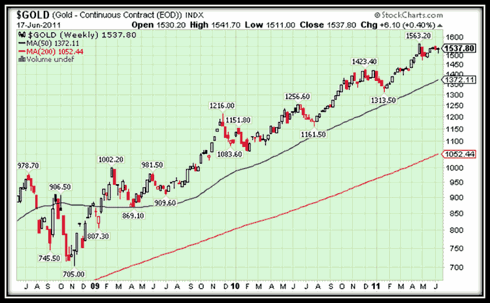Extract from an article by David Levenstein June 20 2011
Throughout history there have been many forms of money, from salt to grain to shells to the fiat (paper) currency that is used today. Most don’t stand the test of time. Gold, however, has endured as money for over 3,000 years. This is because it meets all the criteria for money, where others have failed.
To satisfy the functions of money, an item must be a unit of account, a medium of exchange and a store of value. Gold is all of these things; it is durable, portable and divisible. It also has an intrinsic value and, of crucial relevance today, it cannot be created by central banks. Gold is a tangible asset; fiat currency is merely printed paper created by government decree. It is only the promise written on the paper that gives it any value. Paper money is not a store of value; the US dollar has lost over 80% of its value since 1971.
There has never been a fiat currency that has retained any purchasing power for a significant period of time. When Nixon abolished the gold standard in 1971, the price of gold was $42 an ounce. Today it is above $1500 an ounce. Meanwhile, in 1971 a gallon of gasoline (petrol) could have been bought of around $0.30, a new Ford car for around $3000 and an average house in the USA for around $25,000. The massive devaluation of the US dollar has been due to the inflationary effects of the monetary policies of the US government.

By looking at the weekly chart of gold from November 2009, it is clear that the price of gold remains in a upward trend, and each time it has corrected, it has subsequently moved to a higher price.